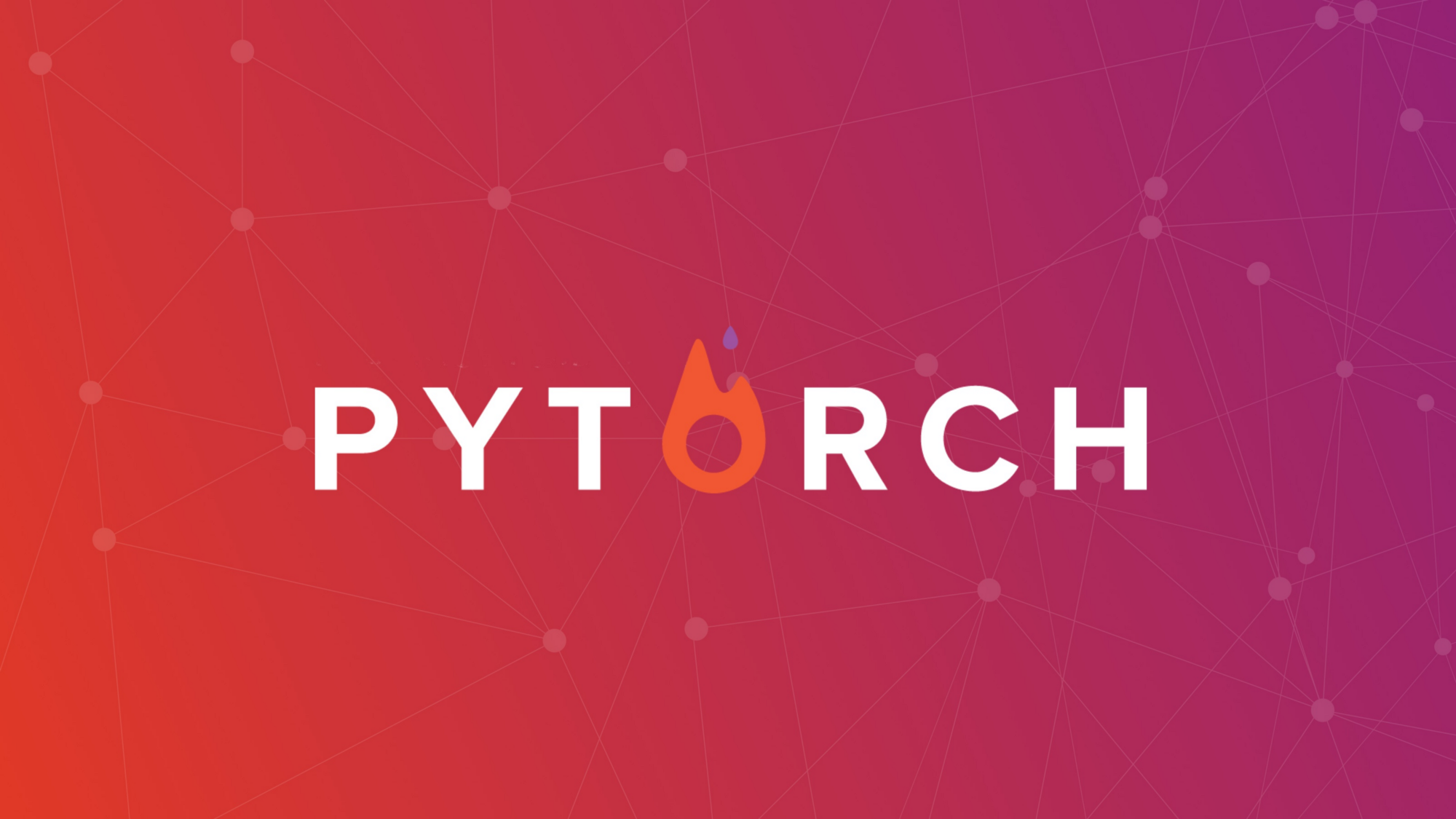 AI
AI
 AI
AI
 AI
AI
Facebook parent company Meta Platforms Inc. announced today that it’s handing over control of the popular PyTorch artificial intelligence platform it created to the Linux Foundation’s newly formed PyTorch Foundation.
PyTorch is a deep learning framework that’s used to power hundreds of AI projects, specifically machine learning applications. Created and open-sourced by Facebook back in 2016, one of the key benefits of PyTorch is it allows developers and data scientists to use Python as the main programming language for their AI models.
In doing so, this provides flexibility and speed for developers working on machine learning tasks. In addition, PyTorch is a graphics processing unit-accelerated framework, which makes it ideal for many users because GPUs are the preferred hardware for running machine learning models.
PyTorch also supports “tensors,” which make it possible to create and manipulate data in ways that are not possible with other frameworks. That means PyTorch can be extremely powerful for many different tasks.
Finally, PyTorch also offers numerous modules that can help to expand its functionality, including torchvision for image processing, torchaudio for audio processing and many others. With these modules, it becomes possible to leverage PyTorch for a wide range of deep learning applications.
Since its launch in 2016, PyTorch has attracted more than 2,400 contributors and has been employed by more than 18,000 organizations for use in academic research and production environments.
The newly created PyTorch Foundation will work closely with the project’s maintainers and developer community to support and focus on evolving its ecosystem. It consists of a wide-ranging governing board, with representatives from some of PyTorch’s biggest contributors, including Amazon Web Services Inc., Advanced Micro Devices Inc., Google Cloud, Meta Platforms, Microsoft Corp. and Nvidia Corp., with the intention of expanding over time.
The foundation will prioritize the continued growth of the PyTorch community, which it says is the real driving force behind the project’s success. New releases, features and technical direction will continue to be driven by maintainers, committers and contributors. The foundation’s primary role will be to ensure that decisions are made transparently and in an open manner by all of PyTorch’s key stakeholders.
The Linux Foundation, which will oversee the PyTorch Foundation, said open-source projects like PyTorch gain lots of benefits from having a neutral home. Key among them are the numerous programs and support infrastructure the Linux Foundation provides, as well as its training, certification and research programs, and various local and global events it hosts. PyTorch will also have access to the LFX collaboration portal to help its community identify future leaders, find potential hires and observe shared project dynamics.
Linux Foundation Executive Director Jim Zemlin said the growth around AI, machine learning and deep learning over the last few years has been extraordinary, helping to position PyTorch as one of the top five fastest-growing open-source software projects in the world. “Bringing PyTorch to the Linux Foundation, where its global community will continue to thrive, is a true honor,” he said. “We are grateful to the team at Meta for trusting the Linux Foundation with this crucial effort.”
Dr. Ibrahim Haddad, vice president of strategic programs at the Linux Foundation, has been named as the executive director of the PyTorch Foundation. Under his guidance, the PyTorch Foundation will strive to adhere to four key principles; remaining open, maintaining neutral branding, staying fair and forging a strong technical identity. As such, one of the main priorities for the PyTorch Foundation will be to maintain the clear separation between PyTorch’s business and technical governance.
As for Meta, PyTorch’s creator and one of its main contributors, it said it remains fully committed to the project and that it will continue to invest in it. The company notably doubled down on PyTorch last year, saying it will migrate all of its AI models to PyTorch, so as to innovate more quickly and provide optimal experiences for users. Today, it reiterated that it will continue use PyTorch as its primary framework for AI research and production going forward.
“PyTorch has become one of the leading AI platforms with more than 150,000 projects on GitHub built on the framework,” Meta founder and Chief Executive Mark Zuckerberg said in a statement. “I’m excited to keep building the PyTorch community and advancing AI research.”
Support our mission to keep content open and free by engaging with theCUBE community. Join theCUBE’s Alumni Trust Network, where technology leaders connect, share intelligence and create opportunities.
Founded by tech visionaries John Furrier and Dave Vellante, SiliconANGLE Media has built a dynamic ecosystem of industry-leading digital media brands that reach 15+ million elite tech professionals. Our new proprietary theCUBE AI Video Cloud is breaking ground in audience interaction, leveraging theCUBEai.com neural network to help technology companies make data-driven decisions and stay at the forefront of industry conversations.